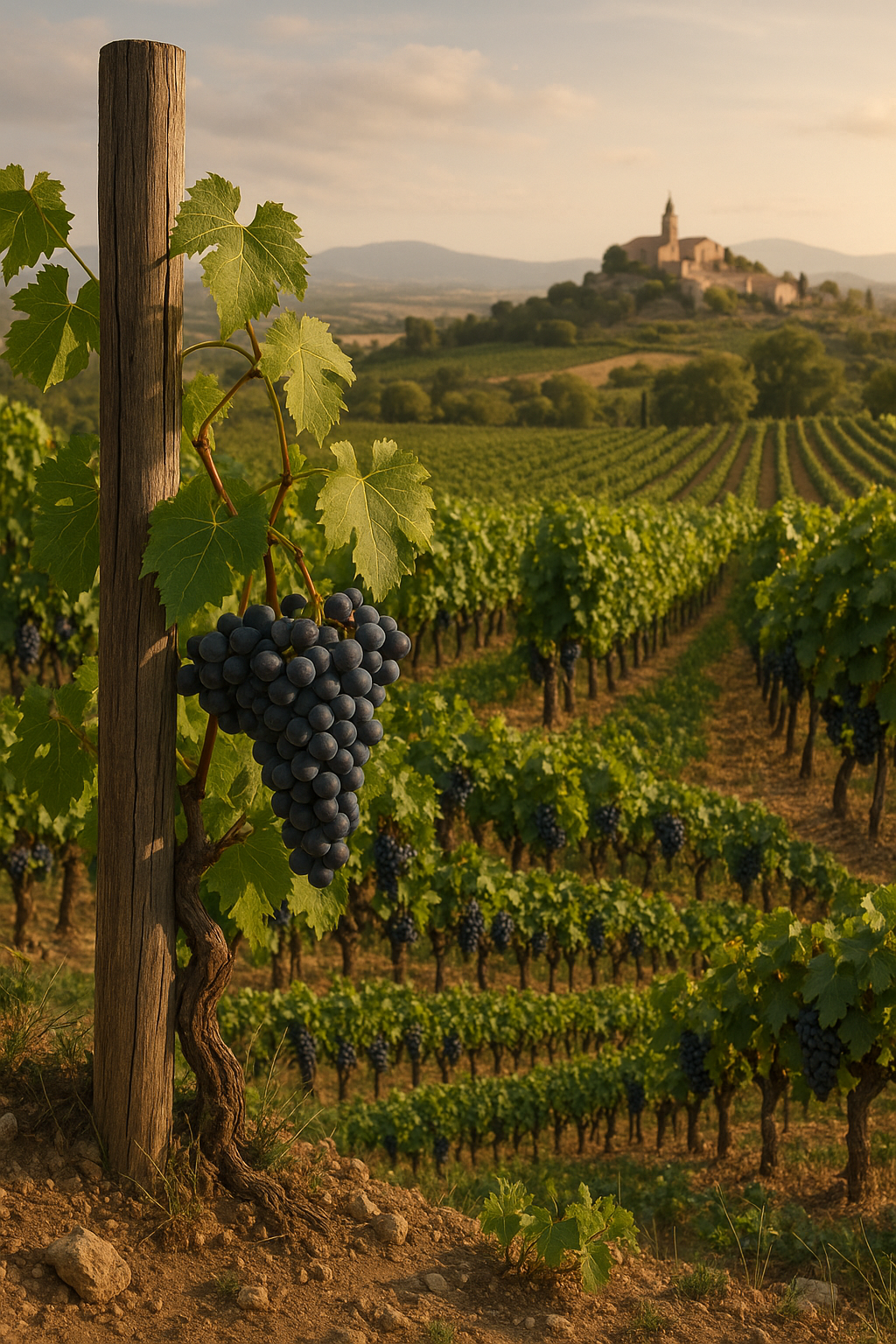
Cotes du Rhone's new organic wine trend
Share
The Rise of Organic Winemaking in the Cotes du Rhone Region
In recent years, the Côtes du Rhône region has witnessed a remarkable transformation as organic winemaking takes center stage. This shift reflects not only a growing consumer demand for sustainable practices but also a deeper understanding among vintners of the intrinsic benefits of organic farming. Vineyards are increasingly abandoning synthetic pesticides and fertilizers, opting instead for natural alternatives that enhance soil health and promote biodiversity. This commitment to organic principles has led to a resurgence of traditional methods, such as using cover crops and natural compost, which not only enrich the terroir but also yield wines with greater complexity and authenticity.
As winemakers embrace these eco-friendly practices, they are discovering that organic viticulture can enhance the expression of the unique terroirs found in the Côtes du Rhône. The region's diverse microclimates and soil types contribute to the character of the wines, and organic practices allow these nuances to shine through. This evolution is not merely a trend but a testament to the region's dedication to preserving its heritage while adapting to modern demands, ensuring that the Côtes du Rhône remains a beacon of quality and sustainability in the wine world.
The Impact of Organic Practices on Wine Quality and Environment
The shift towards organic practices in the Cotes du Rhone region is not merely a trend; it represents a profound commitment to enhancing both wine quality and environmental sustainability. Organic farming techniques, which eschew synthetic pesticides and fertilizers, allow for a more natural expression of the terroir. Grapes grown under these conditions often exhibit greater complexity and authenticity, reflecting the unique characteristics of the region. As vines thrive in a balanced ecosystem, they develop resilience against pests and diseases, resulting in healthier grapes that contribute to superior wine quality.
Moreover, organic practices promote biodiversity, fostering a harmonious relationship between the vineyard and its surrounding environment. Cover crops and natural pest controls enrich the soil and reduce erosion, while also enhancing the habitat for beneficial insects and wildlife. This holistic approach not only yields wines of exceptional character but also ensures the preservation of the Cotes du Rhone's picturesque landscapes for future generations. By embracing organic viticulture, winemakers are crafting a narrative that intertwines quality, sustainability, and a deep respect for the land.
Market Demand and the Future of Organic Wines in Cotes du Rhone
As the organic wine trend gains momentum globally, the Côtes du Rhône region is witnessing a remarkable shift in market demand. Consumers are increasingly prioritizing sustainability and health, leading to a surge in interest for organic wines. This shift is not merely a passing fad; it reflects a deeper awareness of environmental impacts and an appreciation for terroir-driven flavors. Local producers are responding to this demand by adopting organic farming practices, which not only enhance the quality of the grapes but also contribute to biodiversity and soil health.
The future looks promising, as younger generations of wine drinkers are gravitating towards organic options, eager to support eco-friendly practices. Wine festivals and tastings dedicated to organic offerings are popping up, creating platforms for education and engagement. As Côtes du Rhône continues to innovate while honoring traditional methods, the region is poised to solidify its position as a leader in the organic wine market, appealing to both seasoned connoisseurs and new enthusiasts alike.
